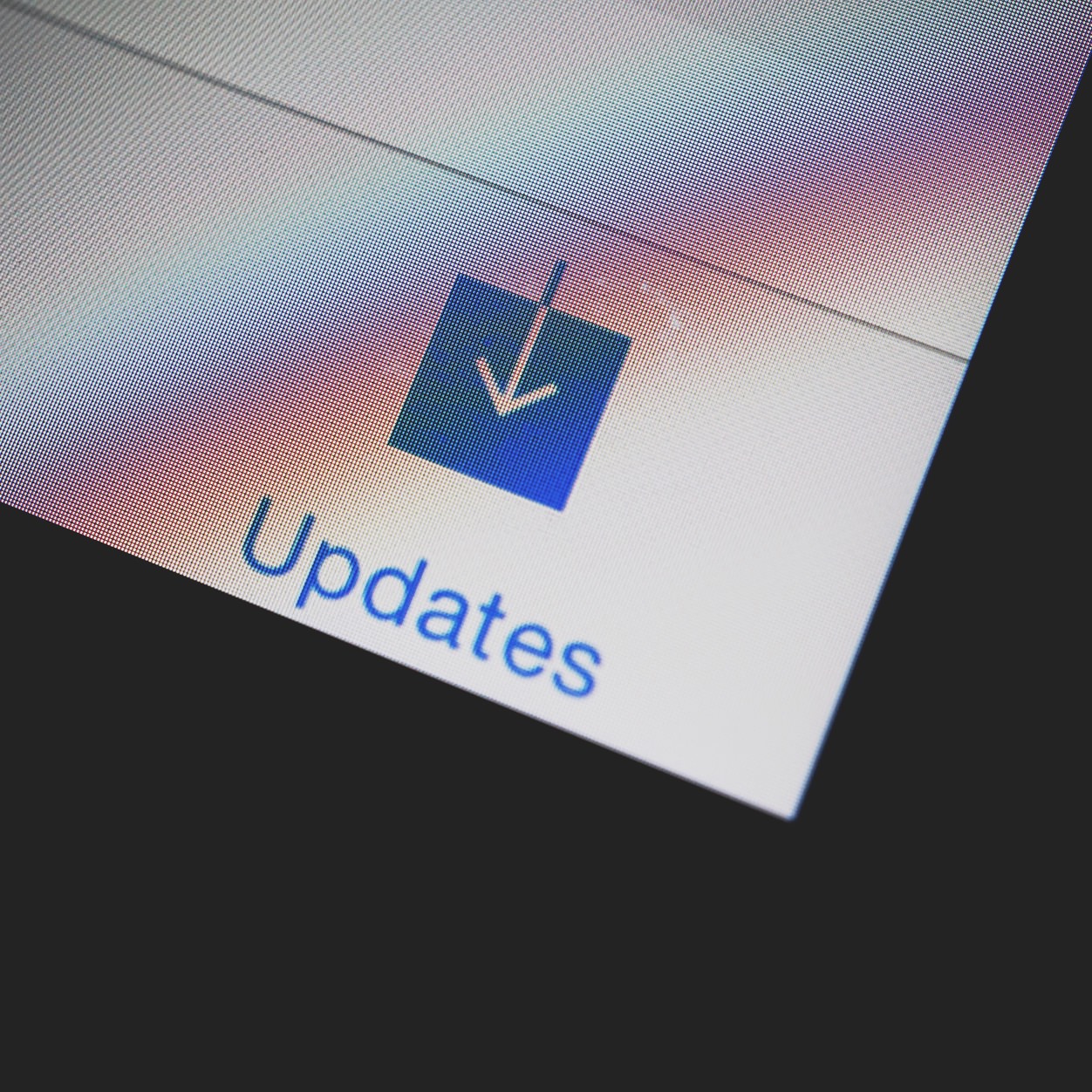Craig Hockenberry: „Sterben auf Raten“

The good news is that none of the problems us geeks are seeing are show stoppers. We’re not complaining about software quality because things are completely broken. There’s still a lot to love about OS X and iOS.
But this good news is also bad news. Our concerns come from seeing the start of something pernicious: our beloved platform is becoming harder to use because of a lot of small software failures. […]
Apple would never ship a device that was missing a few screws. But that’s exactly what’s happening right now with your software products.
Eine ‚Apple-ist-verloren’-Diskussion, so wie wir sie am Wochenanfang über die iOS- und Mac-OS-Softwarequalität von den ewigen Schwarzmalern gekidnappt sahen, ist gefährlich. Die konstruktiven Beiträge, die daraus hervorgingen, dringen nämlich nur mühsam an die Diskussionsoberfläche, die weiterhin schwer bedeckt ist von einer ‚Früher-war-alles-besser’-Haltung.
A company like Apple, moving at a breakneck speed, will undoubtedly continue to give us plenty to obsess about, both positively and negatively. I’ve been following the company closely since my hiring in 1996. Since that time, the company has consistently produced nothing short of the best hardware and software in the world, consistently marred by nothing short of the most infuriating, most embarrassing, most “worrisome for the company’s future” defects.
Erfolg versteckt Probleme. Die freigelegte Problematik entspricht im Fall von Apple, einer Firma, die einen substanziellen Fehltritt in der jüngeren Geschichte erst noch vor sich hat, selten den tatsächlichen Bedenken. Dazu gehört es beispielsweise die besten Angestellten durch herausfordernde Projekte in der Firma zu halten und die interne Hierarchie weiterhin flach aufzuziehen.
Gesprächsthema intern sollte momentan der App Store sein und wie man sein deutlichstes Alleinstellungsmerkmal – die Apps, schützt. Der Jahresbericht von Panic zeigt, mit was für einem hohen Anteil sich iOS an den Verkäufen beteiligt (51-Prozent), aber nur 17-Prozent vom Umsatz beisteuert. Apple darf es nicht okay finden, das sich Panics Rückzug aus dem Mac App Store als „Befreiung“ anfühlt.
One thing is for certain: we are more likely to increase the price of our iOS software over time in an effort to make it make sense. And we’re less likely to tackle any huge new iOS projects until we get this figured out.
Strukturelle Probleme sind besonders schwer aufzudecken wenn man immer mehr Geräte verkauft. Mit mehr Fehlerberichten an Apple kann man einen eigenen Anteil zur Verbesserung der Situation leisten.
Are you pissing and moaning about Apple's software quality or writing Radars? Do your part to improve things! http://t.co/A89fb7YfWc
— Craig Hockenberry (@chockenberry) January 6, 2015